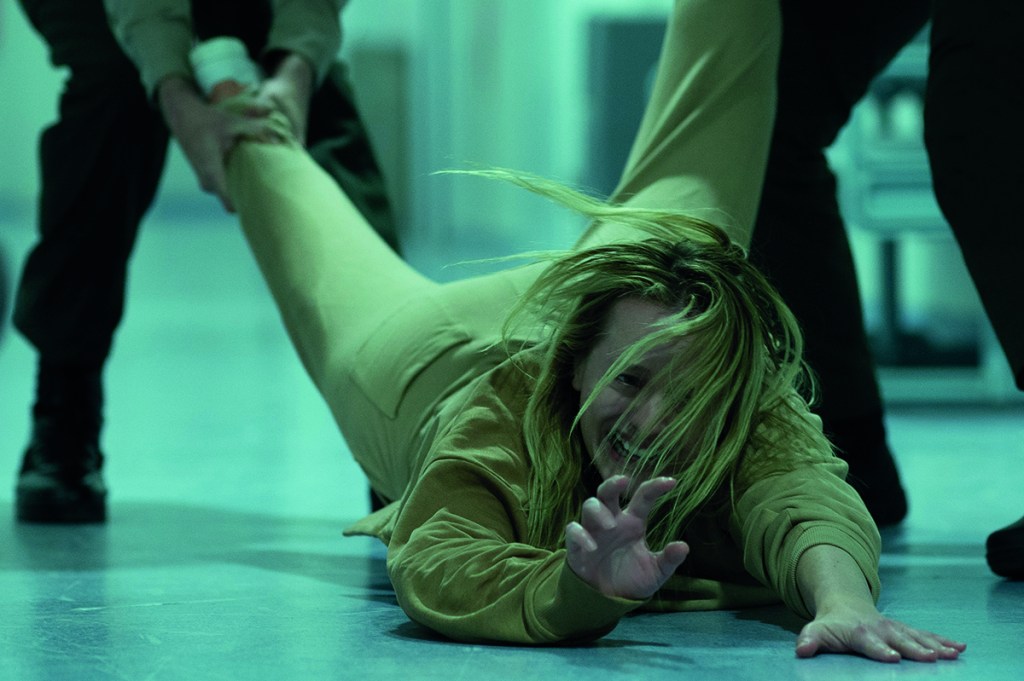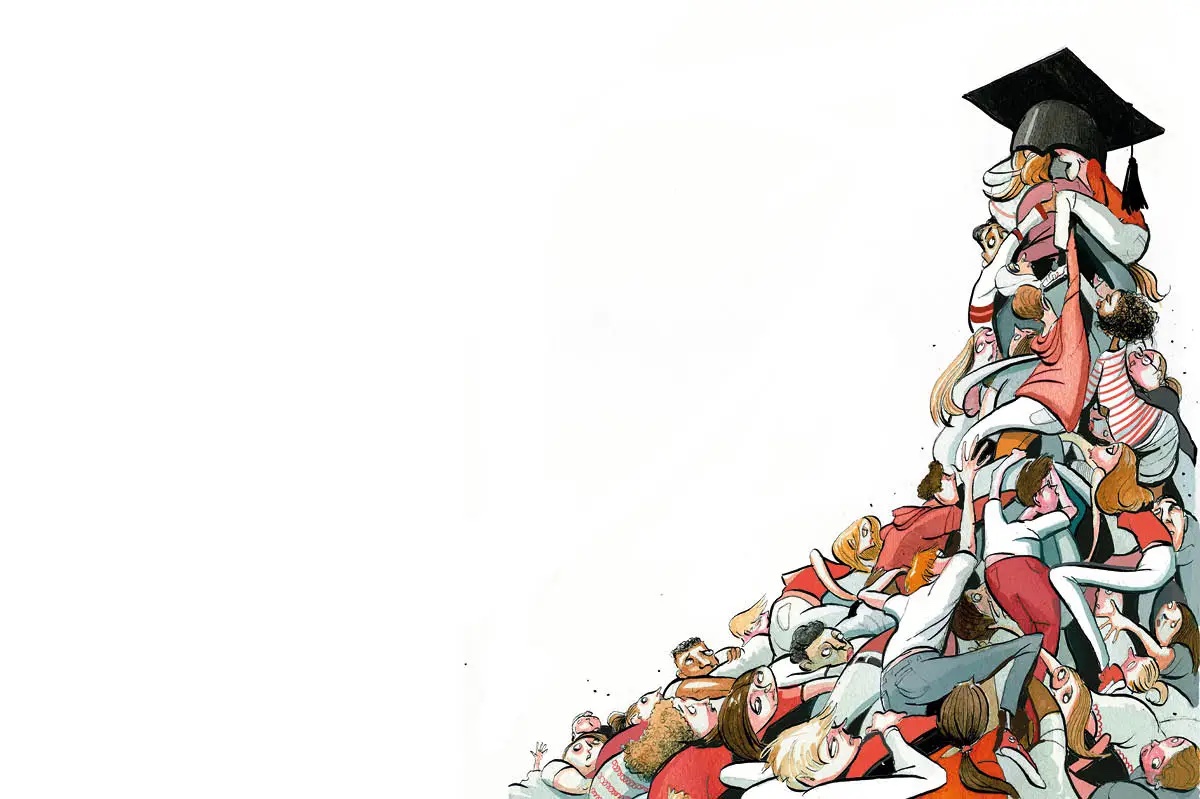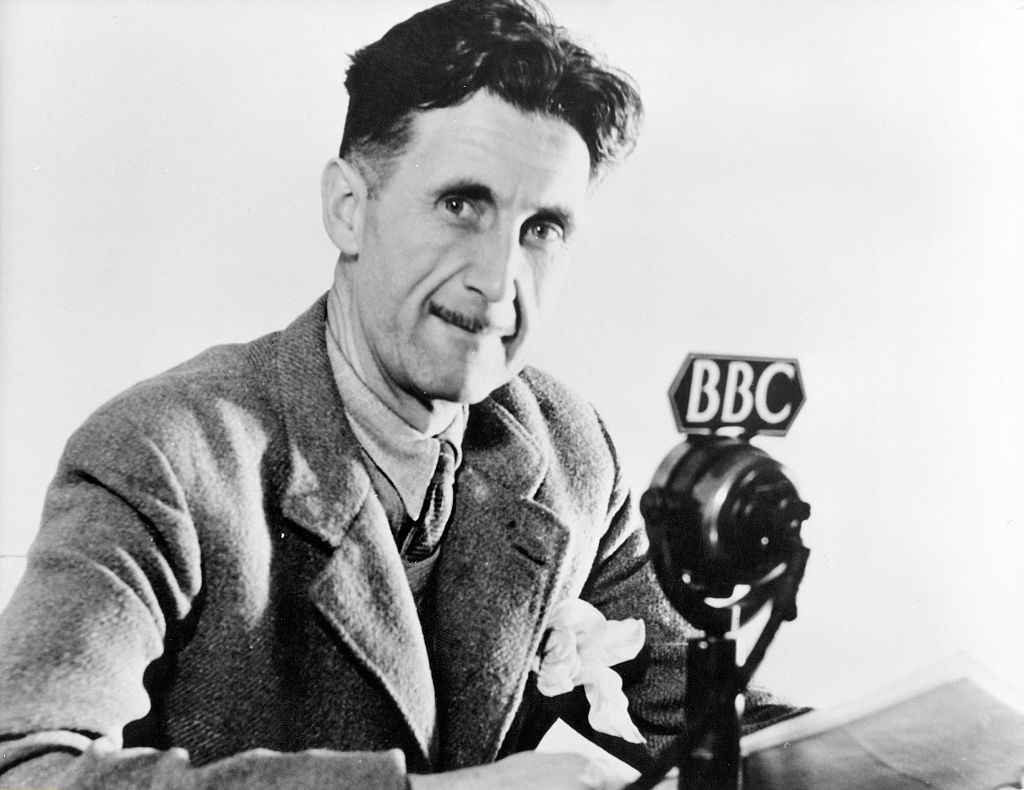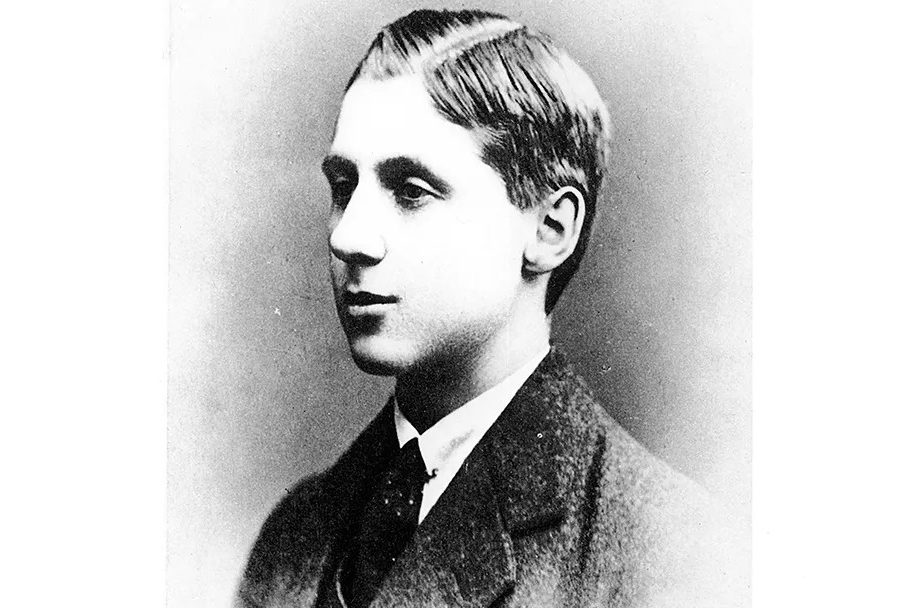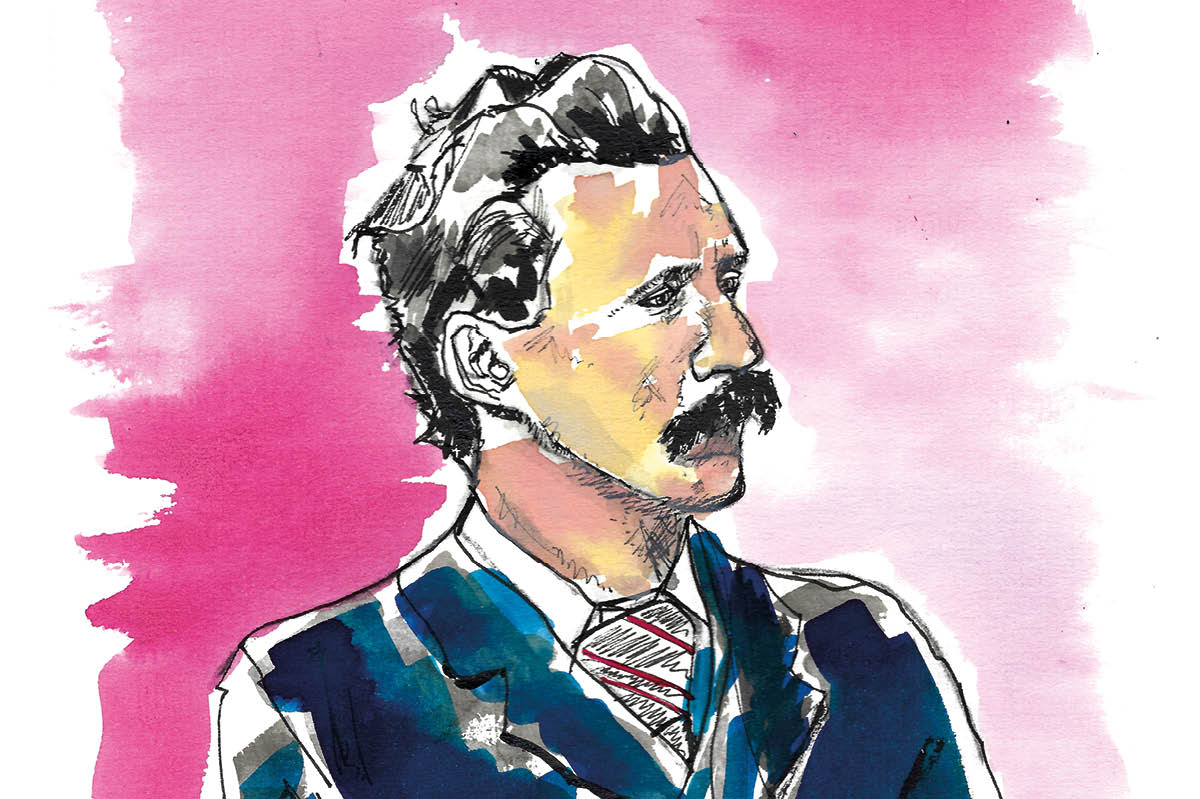This article is in The Spectator’s February 2020 US edition. Subscribe here.
‘To many young people nowadays,’ H.G. Wells sighed in 1934, ‘I am just the author of The Invisible Man.’ He meant the movie, not the novel. George Bernard Shaw might have said something similar, only at greater length, had he lived to see the improvements by which Alan Jay Lerner turned Pygmalion into My Fair Lady. But would Wells recognize the latest variation on his 123-year-old character at all?
This Invisible Man is not much interested in invisibility or men, or men who happen to become invisible. Elisabeth Moss is Cecilia Kass, a harassed woman trapped in an abusive relationship with a sociopathic tech bro. Worse — and in a Moss feature it’s usually bad before it gets worse — her abuser has cracked the secret of invisibility.
Toxic relationships, gaslighting, misogyny, creepy Silicon Valley dudes and ‘literally terrifying’ scenarios: the film is haunted by all the foibles of the post-Weinstein era. Even before Harvey exchanged Clinton fundraisers and potted palms for court dates and a disability walker, Hollywood realized it had a problem with girls. What the new and mysterious movie-watching demographic wants, judging from this Invisible Man and the BBC’s thuddingly woke 2019 version of The War of the Worlds (currently airing on Epix), is airless simulations of old plots laced with contemporary pieties.
Progressive excess is entirely appropriate for a Wells adaptation, because Wells’s progressivism was, like Shaw’s, notoriously excessive. Wells looked forward to and argued for a rational World State ruled by an elite caste of scientists and engineers. He saw the USSR as the first flowering of utopia and slobbered when he interviewed Stalin for the left-wing New Statesman magazine in 1934. Wells was not afraid to make a fool of himself, or repeat himself, or bore his readers. It’s all there, ad taedium, in such books as The Work, Wealth and Happiness of Mankind (1931), What Should be Done — Now: A Memorandum on the World Situation (1932), World Brain (1938), The Fate of Homo Sapiens (1939), The New World Order (1939) and The Outlook for Homo Sapiens (1942). Wells makes Yuval Noah Harari look modest.
Unfortunately, this compulsive prognostication capsized the second half of Wells’s writing life. As a stylist, he’d had gone from innovator to old-timer almost overnight in the Edwardian era. The same happened to him as a thinker in the 1930s. The storm of history suddenly turned him into an antique, always devastating for a futurist. Orwell called him ‘too sane to understand the modern world’. After the two had been at the same dinner party, Wells sent a note: ‘Read my early works, you shit.’
This was good advice. Wells’s early stories remain exciting, gorgeously engineered performances. The Invisible Man (1897), like many Wells novels, is usually read in childhood and then abandoned along with the plastic dinosaurs. If you return to it — a better idea than watching most of the filmed versions — you’ll find a seething, sanguinary tale that has more in common with Joseph Conrad than Jules Verne. All of Wells’s gifts are displayed: the shrewd and solid evocation of place, all the better for contrast with a fantastical notion like invisibility; the precise ear for humorous colloquialism; the deep scientific resources marshaled for disturbing ends. Vladimir Nabokov, hardly generous in judgment, called Wells a ‘writer for whom I have the deepest admiration’.
Like Nietzsche and Max Nordau, Wells realized that the speed of scientific innovation was rupturing humanity’s sense of itself, leaving us lost, cold and lonely. The Invisible Man endures as a parable of modern alienation, a process that accelerated during Wells’s lifetime and continues to the present.
Orwell was wrong to accuse Wells of being sane. The insanity of the post-1914 world got to him in the end. In his last work, Mind at the End of its Tether (1945), Wells’s faith in the scientific future finally shattered. The visionary saw only catastrophe coming, and the extinction of his species. Wells died like one of his early protagonists, unhinged by events and deranged by science. Long before Kafka, he had seen what happens when people are dehumanized by modern systems. In Wells, these systems are inhuman: technological, extraterrestrial, evolutionary. In Kafka, they are built by men: psychological, governmental, judicial. The dystopia of The Trial might be a Wellsian fantasy of world government made real.
Wells’s real legacy would be too much heavy lifting for this year’s Invisible Man. Elisabeth Moss is talented and laudably committed to enduring multiform tortures in almost every role she plays, but it’s a shame to see this story crammed into a straitjacket of Hitchcockian schlock. Priapic shower-stalking and domestic haunting were never Wells’s style — not on the page, anyway. But they might give Elizabeth Warren’s base an ignoble thrill.
This article is in The Spectator’s February 2020 US edition. Subscribe here.



